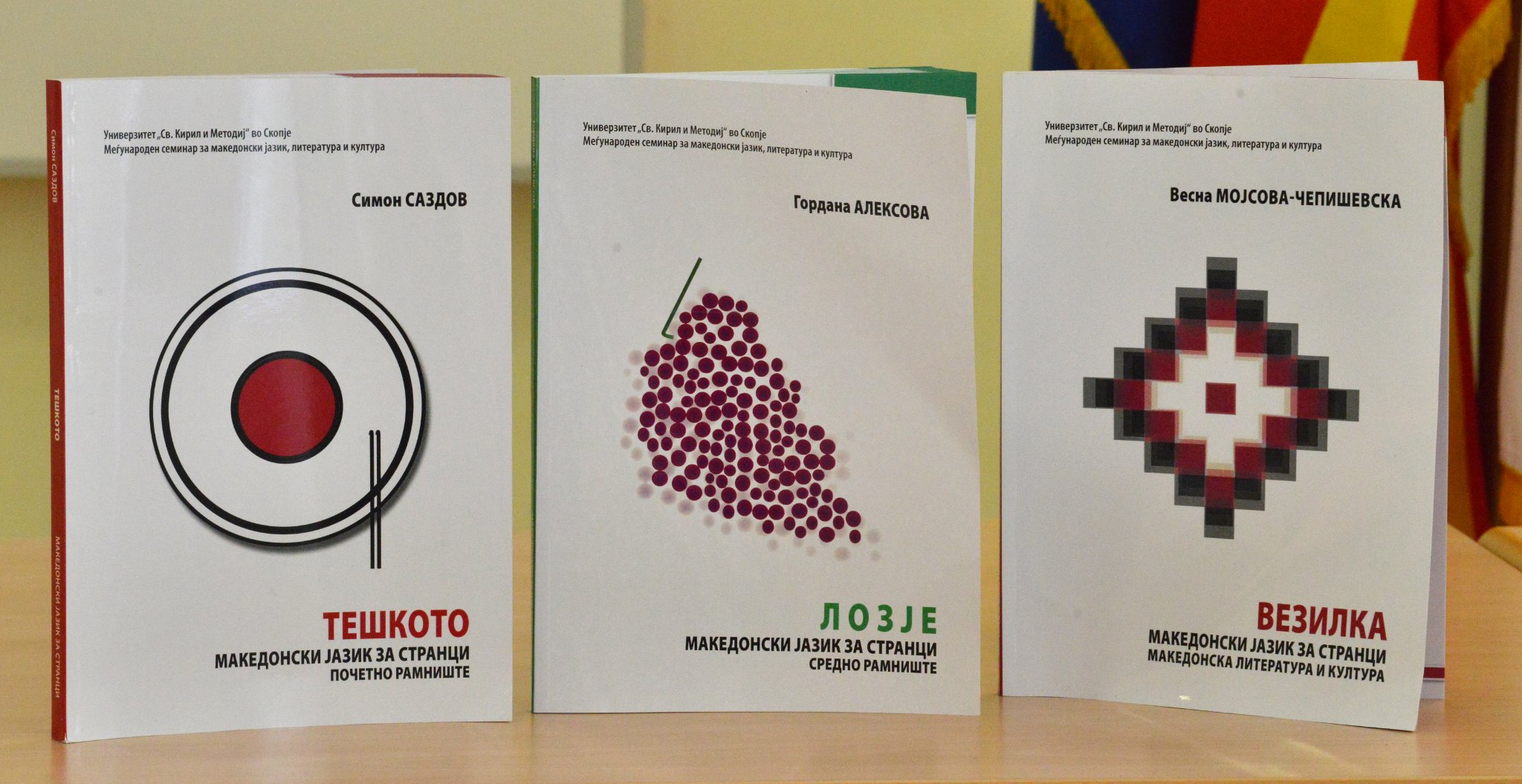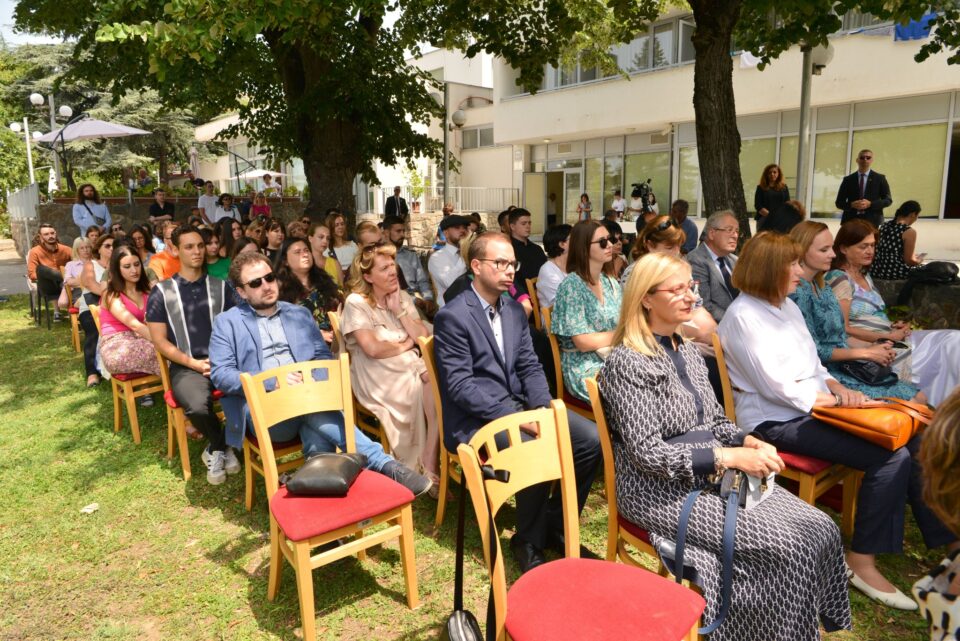More than 300 undergraduate and postgraduate students and doctoral students in Macedonian studies in 20 centers around the world study the Macedonian language and culture and are the biggest ambassadors for its promotion. Some of them are improving their knowledge and skills these days in Ohrid at the summer school of Ss. Cyril and Methodius University’s 55nd International Seminar on Macedonian Language, Literature and Culture.
According to the director of the International Seminar, Professor Vesna Mojsova-Cepisevska, the study of the Macedonian language at 10 universities and as many lectureships in the world and the large number of students and lecturers show that there is a growing interest in Macedonian studies.
The fifty-fifth summer school proves that we are continuously working and spreading Macedonian studies around the world and the participants with all the experience and knowledge gained from here continue to spread Macedonian studies in their centers and in their countries. That’s why we say that those attending the seminar are the greatest ambassadors, says the professor.
The presence at the seminar of 60 participants from 17 countries in the world, according to the rector of UKIM, Nikola Jankulovski, is an indication of the growing interest in the Summer School, but also in the Macedonian language, literature and culture. In addition to participants from countries where there are Macedonian studies, such as France, Hungary, Poland, the Czech Republic…, there are also participants from countries, which in the future may become university centers where the Macedonian language, literature and culture can be studied, such as Austria, Germany and Italy. According to him, the presence of participants from the US and South Korea shows that the interest in learning the Macedonian language is returning there as well.
Macedonian language scholars abroad, as well as those who want to study the Macedonian language at multiple levels, will be able to do so in the future with the new editions of Macedonian language textbooks for foreigners, which, in addition to the PDF format, are also available in audio version recently on the UKIM Summer School page. This will enable the foreign Slavists and Macedonian language scholars, in addition to reading it, to hear the Macedonian word, in order to perfect the specifics of the Macedonian language.

The denial of the Macedonian language by Bulgaria and the claims that it is a dialect of Bulgarian, the Macedonians, participants in the seminar, consider it meaningless and political.
The non-recognition of the Macedonian language by Bulgaria and the claim that it is a dialect of Bulgarian is nonsense to me. The Macedonian language in 1945 has been codified and since then it has been officially treated as a separate language and there is nothing to dispute, says Ana Maria Cinega-Panzova, a translator from Hungarian to Macedonian and vice versa.
The professor of Croatian, Serbian and Macedonian language and literature and teacher of Slovenian for the Macedonian diaspora Sonja Douzhan from Slovenia also expressed revolt against the Bulgarian claims.
I consider Bulgaria’s claims to be very vile. How can someone else from outside come and say that people here speak some other language. If the Macedonians say that they speak Macedonian, why should the Bulgarians say that it is not Macedonian? I absolutely support the Macedonians. I also know the Bulgarian language and I can claim personally that it is absolutely not the same language. It differs a lot both grammatically and lexically, I don’t know where someone got the idea that it could be the same language. Bulgaria’s claims are sbsolutely based only on politics, pointed out Douzhan.




Comments are closed for this post.